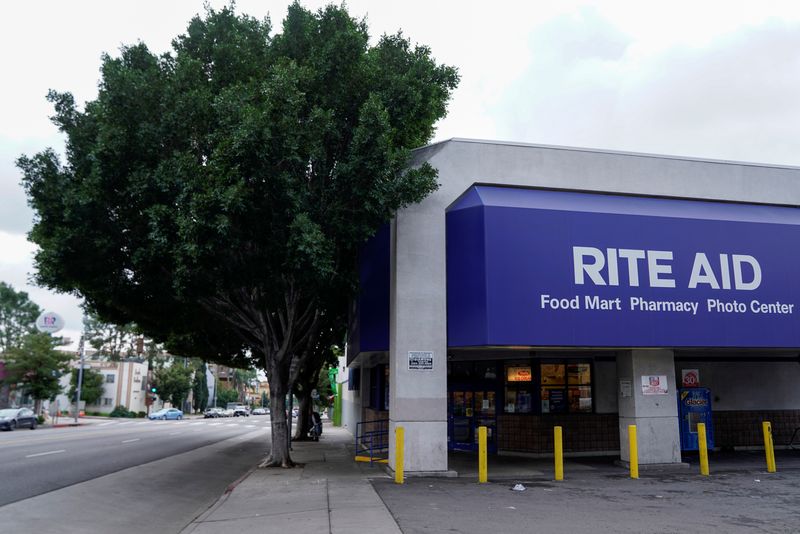(Reuters) -Rite Aid will operate as a private company after it successfully completed its financial restructuring and emerged from Chapter 11 bankruptcy, the U.S. drugstore chain said on Tuesday.
The pharmacy has used its bankruptcy to close hundreds of stores, sell its pharmacy benefit company Elixir, and negotiate settlements with its lenders, drug distribution partner McKesson (NYSE:) and other creditors.
Ownership of the company has transitioned to certain Rite Aid (NYSE:) creditors, and all of Rite Aid’s existing common shares were canceled, it said.
Rite Aid also said it appointed Chief Financial Officer Matt Schroeder as CEO, succeeding Jeffrey Stein.
The company has eliminated about $2 billion of total debt and received about $2.5 billion in exit financing to support the business going forward, it added.
In June, a U.S. bankruptcy judge approved Rite Aid’s restructuring plan, saying it saved the company from having to shut down and liquidate operations.
Rite Aid filed for Chapter 11 in October 2023, after reporting $750 million in losses and $24 billion in revenue for the fiscal year ended March 2023.
Before it filed for bankruptcy, Rite Aid faced 1,600 opioid lawsuits, including one by the federal government alleging that the company ignored red flags when filling suspicious prescriptions for the addictive pain drugs.
Rite Aid, which operated 2,000 pharmacies at the time of its bankruptcy, expects to emerge from Chapter 11 with a smaller retail footprint.

During its bankruptcy, Rite Aid closed all of its stores in Michigan and all but four in Ohio, saying withdrawal from those states was necessary to keep the company “financially and operationally healthy.”
Rite Aid reported the closure of 160 Michigan stores and 111 Ohio stores in court papers filed between June and August.





